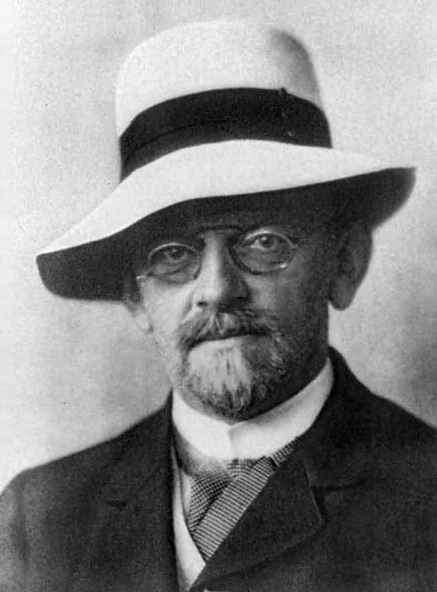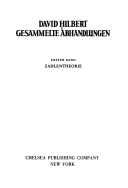„Aus dem Paradies, das Cantor uns geschaffen, soll uns niemand vertreiben können.“
Über das Unendliche, 4. Juni 1925 in Münster/W. zum Gedenken an Karl Weierstraß. In: Mathematische Annalen, 95. Band, Verlag von Julius Springer, Berlin 1926, S. 170 http://gdz.sub.uni-goettingen.de/dms/load/img/?PPN=PPN235181684_0095&DMDID=DMDLOG_0015&LOGID=LOG_0015&PHYSID=PHYS_0174, siehe auch Wikipedia:Cantors Paradies
Variante: Aus dem Paradies, das Cantor uns geschaffen, soll uns niemand vertreiben können

